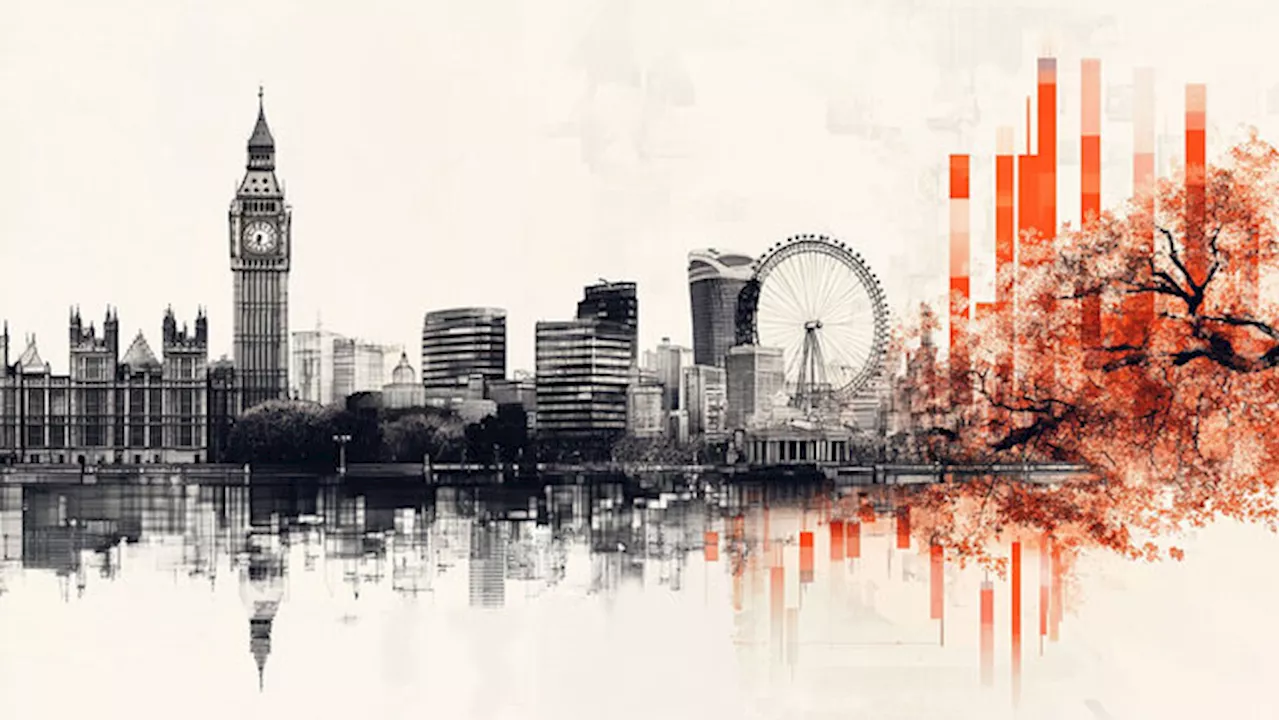BREAKING: In a contentious statement, journalist Mehdi Hasan argues that if Christians can ring church bells to summon worshippers, then Muslims should be permitted to broadcast the call to prayer, known as the Adhan, via loudspeakers at mosques. This commentary comes amid ongoing debates in the U.K. regarding the early morning broadcasts, which often begin as early as 5 a.m..
Hasan’s remarks have reignited discussions about religious expression and noise regulations in the U.K., where several local councils have imposed restrictions on the volume and timing of such broadcasts, citing concerns from residents. In a recent clip, Hasan boldly stated, “If you can have your church bell, we can have our Islamic prayer call,” prompting mixed reactions across social media.
The implications of Hasan’s statement are significant. As religious diversity increases, the debate over public expressions of faith, including church bells and the Islamic call to prayer, raises questions about community standards and individual rights. Critics argue that the Adhan represents a form of “noise pollution,” while supporters advocate for equal treatment of all religious practices.
Amidst this backdrop, the Vatican has made headlines for its decision to install Muslim prayer rooms for visiting scholars, a move that some view as a step toward interfaith dialogue. Vice Prefect Fr. Giacomo Cardinali stated, “Some Muslim scholars have asked us for a room with a carpet for praying, and we have given it to them.” This development highlights the growing intersection of faith and public policy in religiously diverse societies.
In the United States, the conversation takes a different turn. Representative Chip Roy has introduced the “Preserving a Sharia-Free America Act,” aiming to curb the influence of Sharia law. Critics of the Act claim it fosters Islamophobia, while supporters believe it is essential for maintaining American values. Roy’s position reflects a broader concern among some Americans regarding the implications of expanding Islamic practices in public spaces.
As debates unfold, the emotional stakes are high. Many fear that the normalization of the call to prayer may lead to a shift in cultural dynamics, while others argue that it represents an essential aspect of religious freedom. The juxtaposition of church bells and the Adhan symbolizes deeper societal tensions regarding identity, faith, and coexistence.
WHAT’S NEXT: As these discussions continue, communities across the U.K. and beyond will watch closely. Will there be further legal challenges regarding noise regulations? How will local governments respond to the growing calls for religious equality? The outcome of these debates could shape the landscape of religious expression for years to come.
Stay tuned for the latest developments in this evolving story. This issue is not just about sound; it’s about the very fabric of multi-faith societies.







